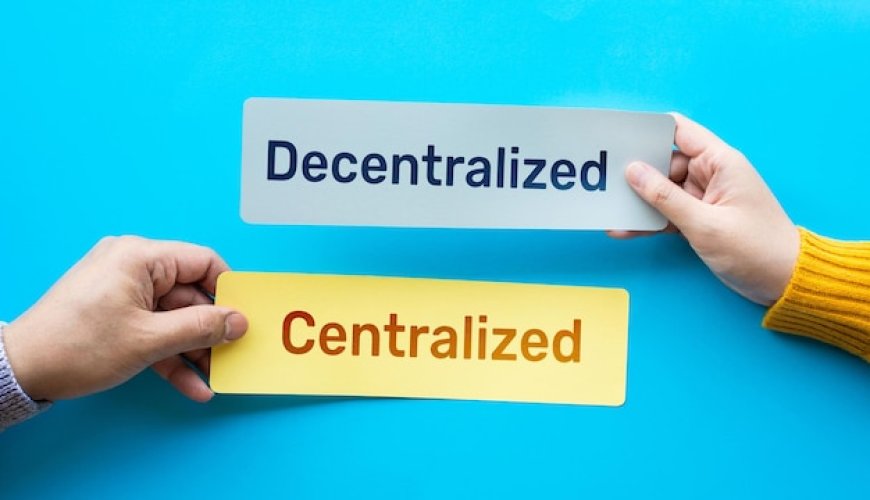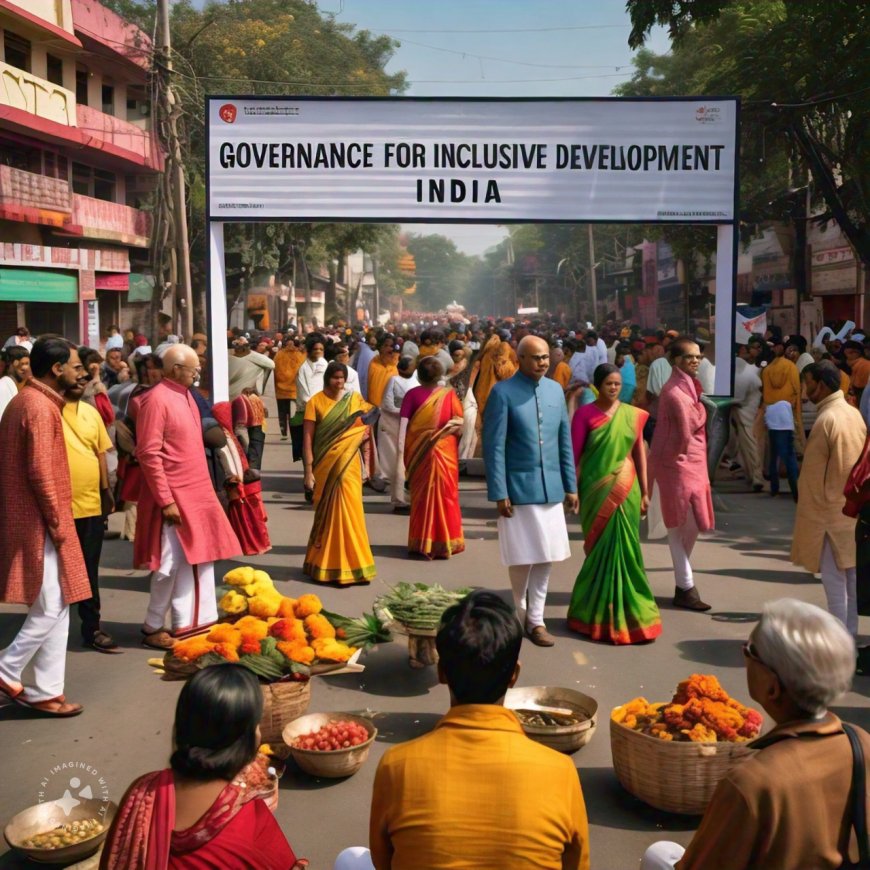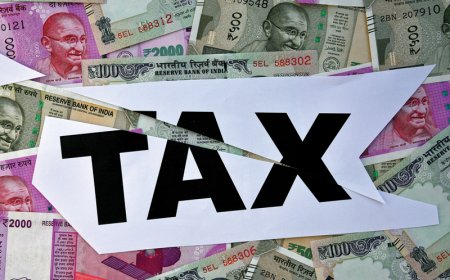Decentralization of Power Local Governance Government Control Centralized Control Public Services Central Authority
Discover how decentralization of power in India can empower local governance, leading to more effective and responsive solutions for citizen needs. Explore the benefits of local autonomy and community engagement in shaping a better future for India's citizens.

The decentralization of power in India is not merely a political trend but a fundamental necessity for a more responsive and efficient governance system. At its core, decentralization embodies the libertarian principle of reducing government control and empowering local governance to address the specific needs of their communities.
Why Decentralization Matters

In India, centralized control often leads to inefficiencies and a disconnect between government policies and local realities. The vastness and diversity of the country make it challenging for a central authority to cater to the unique needs of each region. By shifting power to local governments, we can ensure that decisions are made closer to the people they affect, resulting in more tailored and effective solutions.
The Case for Reducing Central Control
Centralized governance can result in bureaucratic red tape, delays, and a lack of accountability. When power is concentrated at the top, it often becomes detached from ground realities, leading to policies that may not resonate with or address the specific needs of local populations. Decentralization introduces flexibility and responsiveness into the system, allowing for policies that better align with local contexts.
Empowering Local Governance

Local governments, being more attuned to the needs and challenges of their communities, are better positioned to implement and manage programs effectively. By granting them greater autonomy and resources, we enable them to innovate and adapt solutions that directly address local issues. This empowerment fosters a sense of ownership and accountability among local leaders, leading to more engaged and proactive governance.
Benefits to Citizens
Decentralization directly benefits citizens by enhancing the efficiency and relevance of public services. With local governance, communities can see quicker responses to their concerns and have a greater say in the decisions affecting their lives. This alignment of governance with local needs leads to improved public services, infrastructure, and overall quality of life.
FAQs
Q: What is decentralization of power?
A: Decentralization of power refers to the process of distributing or delegating decision-making authority from a central authority to local governments or regional entities. This approach aims to bring governance closer to the people, making it more responsive and effective.
Q: How does decentralization benefit citizens?
A: Decentralization benefits citizens by improving the efficiency and relevance of public services. Local governments can respond more quickly to local needs and concerns, resulting in more effective solutions and enhanced quality of life for residents.
Q: Why is decentralization important in India?
A: In a diverse and vast country like India, decentralization is crucial to address the unique needs of various regions. It helps overcome the inefficiencies and disconnects associated with centralized control, enabling more tailored and responsive governance.
What's Your Reaction?




















































